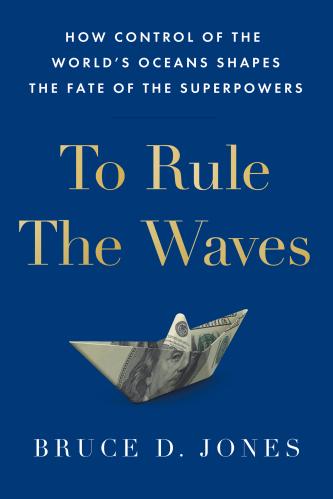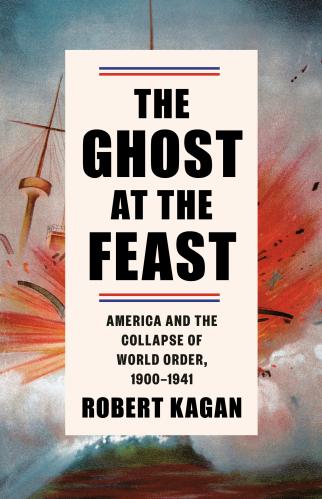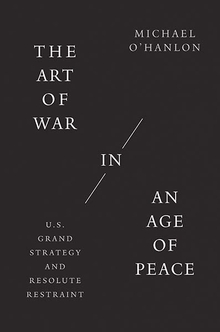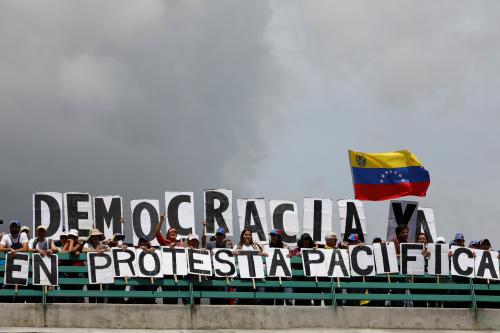Democracy has taken some hard hits. But before we cede bragging rights to autocrats, or persuade ourselves of the need for precipitate action to arrest a perilous strategic slide, we need perspective on what has been happening, write Bruce Jones and Michael O’Hanlon. While the “third wave” of democratization has largely ended, it has not been reversed by any stretch of the imagination, they argue. This piece originally appeared in the Wall Street Journal.
With recent setbacks in the Philippines, Turkey, Venezuela and elsewhere, it is common to hear laments about the decline of democracy world-wide. Turbulent times in Britain and the United States add to the concern, as does the sweeping failure of the so-called Arab Spring since 2011. After major waves of progress in the wake of World War II and the Cold War, is freedom starting to sputter?
Democracy has taken some hard hits. But before we cede bragging rights to autocrats, or persuade ourselves of the need for precipitate action to arrest a perilous strategic slide, we need perspective on what has been happening.
It is true that the “third wave” of democratization—the proliferation of democratic states in the late 20th century—has largely ended. But it has not been reversed by any stretch of the imagination.
Recall the magnitude of what transpired last century. By 2000 about 120 countries, or nearly two-thirds of the nations of the planet, had become electoral democracies. A hundred years before, the total could be counted on a single hand—or less, if one defines democracy as a system of full enfranchisement of women and men of all races.
The 21st century is not off to such a good start. But the net setbacks have been modest.
By one measure, according to Freedom House, 25 percent of all countries were assessed as “not free” in 2016, compared with 23 percent in 2006.
Yet if one adjusts for population, there has been no setback at all. India, Indonesia, Nigeria and Brazil, with a combined population of two billion, have, for all their admitted troubles, been holding generally steady in recent years. The countries experiencing setbacks have generally been less populous. As a result, the fraction of people living in “not free” countries has declined slightly over the past dozen years, from 37 percent to 36 percent, while the total living in “free” countries rose gently, from 44 percent to 45 percent. The remainder were in countries deemed by Freedom House to be “partly free.”
Much as we might regret partial setbacks to liberal democracy in Hungary, population 10 million, developments there pale in significance when compared with democratic progress in Indonesia, population 261 million. The big outlier here is Russia, with its 142 million people, where the early signs of liberalism in the mid-2000s have been decisively reversed.
Viewed in broad historical terms, the democratic model continues to excel when measured against all the alternatives. Established democracies almost never go to war with each other, helping explain why the decades since World War II have been among the least violent in human history, at least when it comes to interstate war.
A world of democracies is also proving to be unambiguously good for fighting poverty and strengthening the global middle class. As our colleague Homi Kharas has shown, in 1950 less than 10 percent of the world’s population could be said to be middle-class—with daily family income between roughly $10 and $100 in 2005 dollars, adjusted for purchasing power. Today the figure approaches 50 percent. Some of that progress has been within autocracies, notably China. But more than two-thirds of it has been in democratic countries.
Most of these democracies also generally remain united in a common strategic purpose, despite the occasional robust debates over when and how to use force. The U.S. leads a coalition or loose alliance system of some 60 states that together account for roughly 70 percent of world military spending and a similar fraction of total world gross domestic product. Except in the Middle East, almost all these U.S. allies are democracies. And while the megastate of India is not a U.S. ally in the way that Canada and the U.K. are, it is nonetheless an increasingly close American strategic partner.
Democracies have struggled with corruption, violent crime, poverty, populism, challenges from globalization, and other hard realities of modern life. Democracy does not change human nature. It does, however, generally put us in a much better position to address those problems peacefully.
Witness South Korea, which impeached a president earlier this year but seems no worse for the wear. Or Brazil, dealing with similar political problems in an ugly yet still constitutional manner. Or India, where a strongman leader is nonetheless checked in some of his ambitions by a balance-of-powers system. Or the U.K., where Brexit, itself the result of a democratic choice, seems likely to cause only limited damage.
We do need to learn one lesson from history’s recent sobering course: Democracy is fragile and can never be taken for granted. But declarations about democracy’s demise, or even its significant decline, go too far.











Commentary
Democracy is far from dead
January 10, 2018